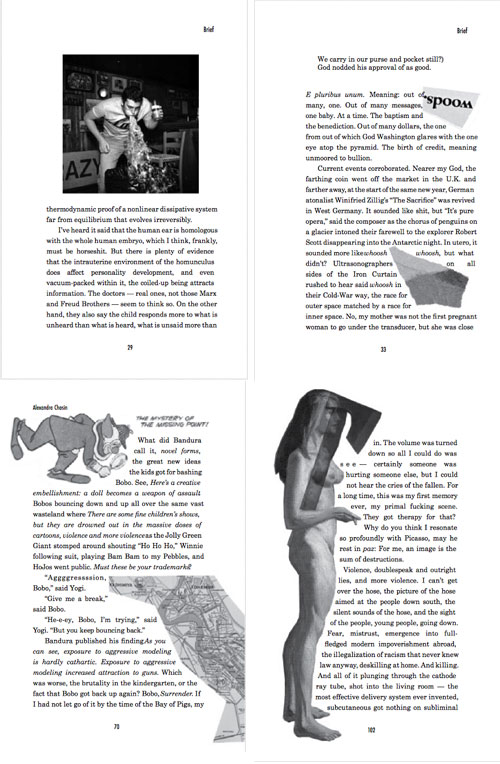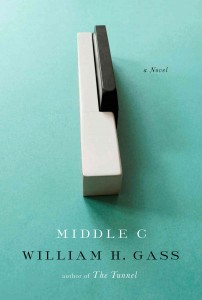 Middle C
Middle C
by William Gass
Knopf, March 2013
416 pages / $28.95 Buy from Amazon
In a recent interview with the Los Angeles review of Books, William Gass cited a fellow titan of high postmodernism when asked about the role of obsession in his fiction. “[William] Gaddis maintained that the writer needed an obsession; he or she would then worry about it like a cat with a rag. The obsession may be hard to spot and it took me some time to discover mine: the stupidity of mankind, its misuse of reason.”
If the common thread of Gass’s fiction has ever been too translucent or opaque to put your finger on, with that sentence he gave us the decoder key to his entire oeuvre.
And where do human beings misuse their reason more than in regard their own self-image? This is the question that Gass chooses to plumb in Middle C, just the third full-length novel of his otherwise prolific career.
Middle C, in the makings for a decade and a half, comes along at a time when neuroscience is probing more and more deeply (and for some, uncomfortably) at the question of what exactly makes us us. Experimental psychologist and author Bruce Hood opined in his 2012 book, The Self Illusion, “If we are so susceptible to group pressure, subtle priming cues, stereotyping and culturally cuing, then the notion of a true, unyielding ego self cannot be sustained. If it is a self that flinches and bends with tiny changes in circumstances, then it might as well be non-existent.”
And it’s hard to argue. We are funny creatures that, largely through trial and error in testing social boundaries, concoct these permanent-if-illusory entities we like to call selves, ideas which are only further hardened whenever they are challenged by evidence of their amorphousness. Or, as it’s elegantly put with regard to our protagonist, “In Joey’s case, ignorance encouraged certainty.”
But before we ever meet Joey, aka Professor Joseph Skizzen, we are introduced to his father, an Austrian patriarch named Rudi Skizzen who decides to give he and his family new, Jewish identities in order to escape the advancing Nazis and gain asylum in England, where Joseph is born as Yussel Fixel. Of course, all along we have the sneaking suspicion that Rudi is less concerned with his family’s safety or complicity in the atrocities to come, and more ashamed of — or maybe even just bored of — his Austrianness.
In England, with wartime sympathy for the refugee class waning, Rudi reinvents himself once again as janitor and gambling man Raymond Scofield, before his ultimate dematerialization, leaving his family behind and, we’re lead to believe, making off for the New World
The story then picks up in Ulrichstown, Ohio with Joseph, who, right from adolescence, seems uncomfortable as a member of the human race. As he would express as a more articulate — and equally rancorous — adult, “the desires that men displayed, either alone, at social clubs, in political parties, or as communities, leagues, and nations, were fundamentally so measly and uninteresting, and the methods employed to achieve them so borrowed, makeshift, and inadequate, that what was eventually obtained was a shambles, leaving their suitors dissatisfied, angry, and searching for more satisfactory targets.”
Still, in a fit of irony, Joseph discovered something he did want to be: Austrian. And an educated Austrian he would become. Using his imagined Austrian upbringing and a love for “difficult” modern music to boost his air of superiority, Joseph lucks and feigns his way into a position as Professor of Modern Music at the tiny, austere Whittlebauer College, a position for which he is, er, under qualified for, by some measure.
READ MORE >

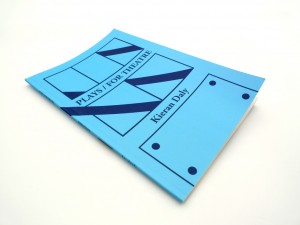 Plays/For Theatre
Plays/For Theatre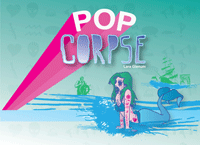
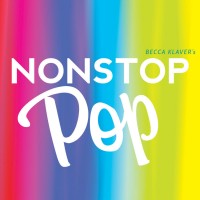 Pop Corpse
Pop Corpse Ghost Tantras
Ghost Tantras Middle C
Middle C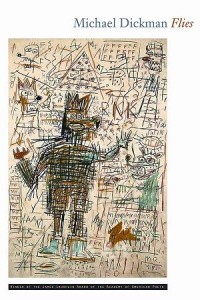 Flies
Flies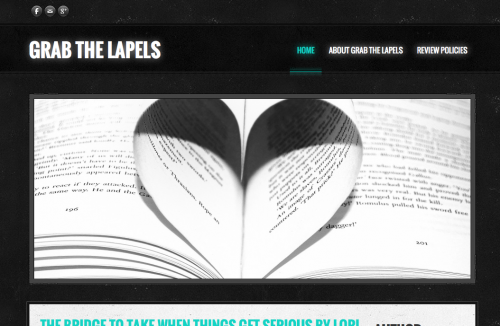
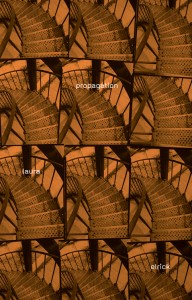 Propagation
Propagation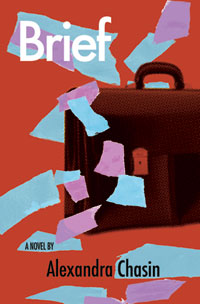 Brief
Brief 